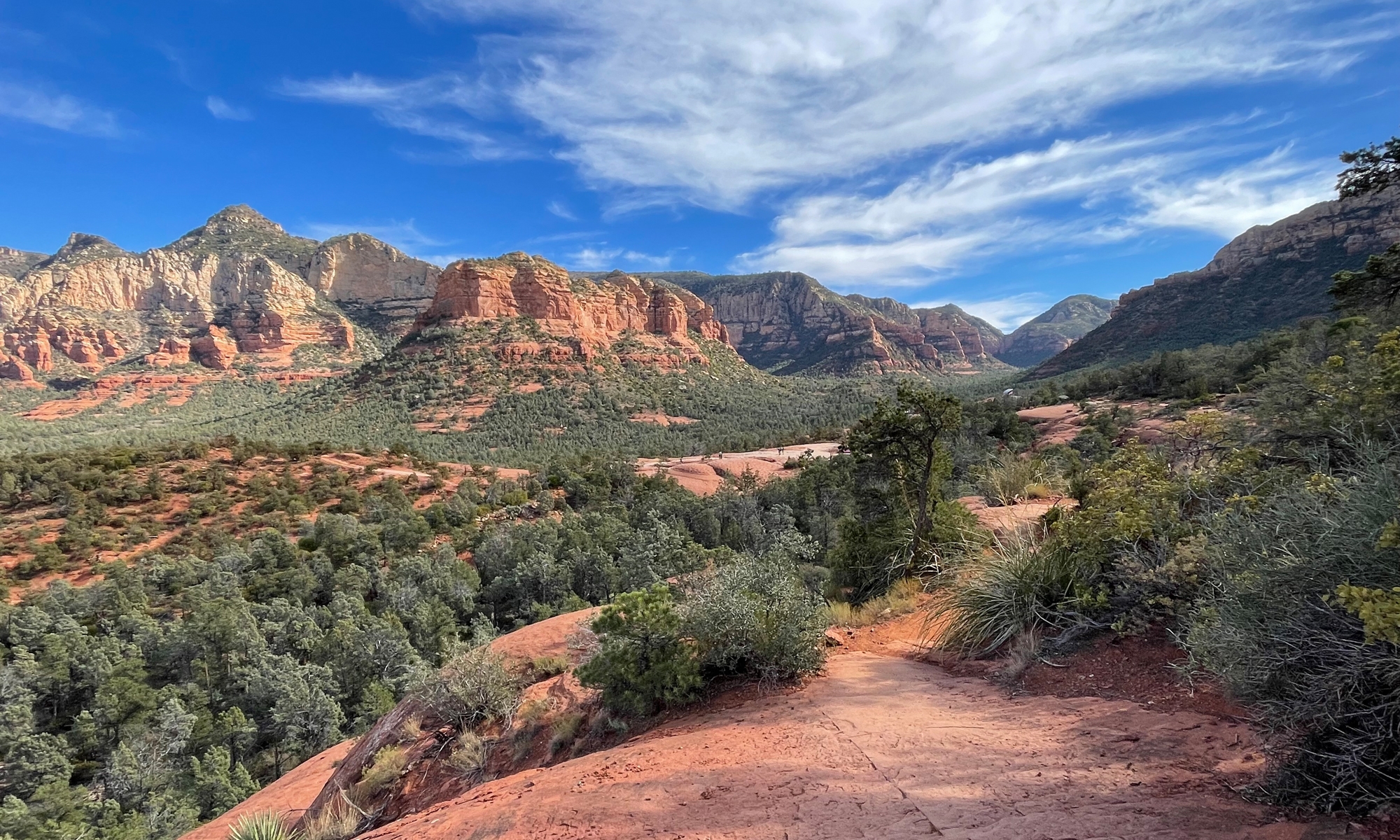 I’m not the alarmist type. Usually. But an article I stumbled across today has definitely raised a red flag for me.
I’m not the alarmist type. Usually. But an article I stumbled across today has definitely raised a red flag for me.
I admit I’m a bit naive when it comes to matters of privacy. I know I am a straight, stand-up type. By that I mean I am not a criminal, I’m honest almost to a fault, and I would never intentionally inflict bodily harm on anyone unless provoked, as in self-defense. I don’t own a gun and, if I did, I wouldn’t know how to use one. I wouldn’t steal from anyone either.
The only illegal thing I do, that I’m aware of, is sometimes drive too fast. Even then, I don’t speed through neighborhoods. I drive slowly through parking lots. I’m always aware of what’s going on around me, which is a by-product of riding a motorcycle.
Why should someone like me care if my cellphone tracks my movements? I don’t do anything wrong. So it shouldn’t matter, right?
Wrong. Check out this article about Zachary McCoy. He seems like a normal, stand-up guy, too.
Data from his bicycle ride-tracking app put him in the hotseat. At one point, he became lead suspect in the burglary of a 96-year-old woman. As the article states…
“‘It was a nightmare scenario,’ McCoy recalled. ‘I was using an app to see how many miles I rode my bike and now it was putting me at the scene of the crime. And I was the lead suspect.’”
Zachary looks harmless enough, right? What if he looked more-menacing? Or his skin were a darker color? He would probably have been even more worried. He SHOULD have been even more worried, sadly. Judging a book by its cover, wrongly, is a common occurrence these days.
How did authorities get access to his location data? They used a geofence warrant. What exactly is a geofence warrant? It’s kinda scary stuff.
If you care to know more, follow the links I provided. I can’t go into more detail now. I need to go change all my location settings before I forget.
